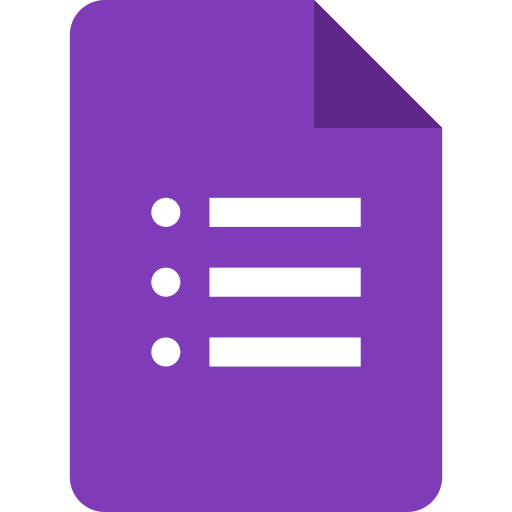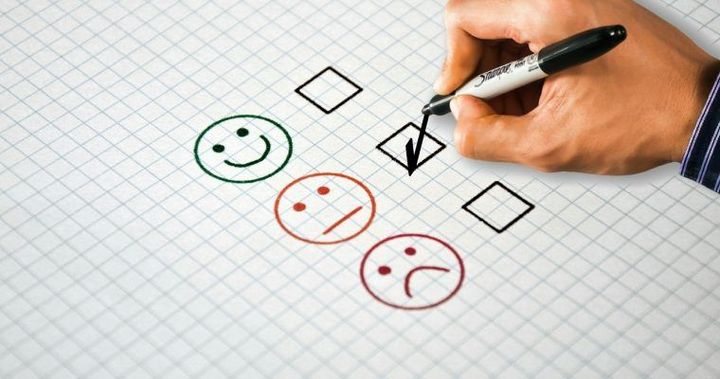Five best practices for collecting data via forms
Here are some best practices to follow when collecting data via forms

Forms are a popular and convenient tool for collecting data from customers, employees, or other stakeholders. However, it is important to follow best practices when collecting data via forms in order to ensure the accuracy and reliability of the information you receive.
Here are some best practices to follow when collecting data via forms:
- Clearly define your goals: Before you create your form, take the time to clearly define your goals and the specific information you need to collect. This will help you to create a form that is focused and relevant to your needs.
- Choose the right data collection method: There are various data collection methods available, such as surveys, focus groups, and interviews. Choose the method that is most appropriate for your needs and will allow you to collect the information you need in the most efficient and effective manner.
- Design your form carefully: Consider the layout, design, and overall usability of your form. Make sure that it is easy for respondents to navigate and complete. Use clear and concise questions and provide sufficient instructions on how to complete the form.
- Consider ethical issues: Ethical considerations are important when collecting data via forms. Make sure to obtain consent from your respondents and respect their privacy. Provide clear and transparent information about how the data will be used and stored, and ensure that you are compliant with relevant laws and regulations.
- Validate and verify your data: To ensure the accuracy and reliability of your data, it is important to validate and verify the information you receive. This can include using data validation rules, cross-referencing with other sources, and conducting quality checks.
By following these best practices, you can create effective and reliable forms that will help you to collect the data you need in a way that is accurate, ethical, and compliant with relevant laws and regulations.


